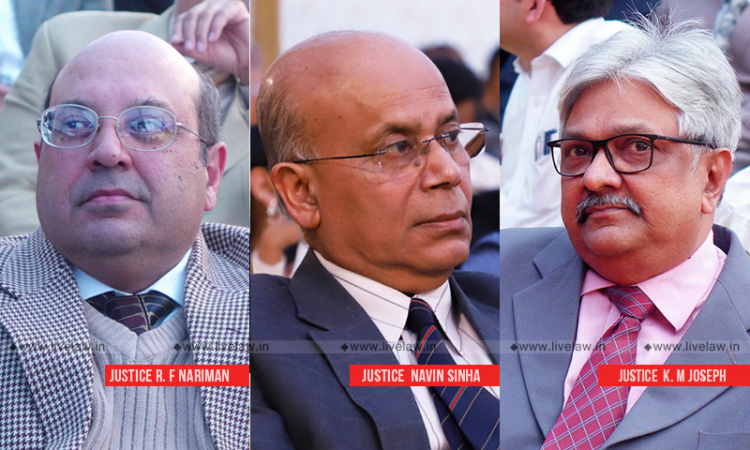Is Appointment Of Arbitrator By Ineligible Person Valid?Supreme Court Refers Issue To Larger Bench
Mehal Jain
15 Jan 2021 2:23 PM IST

Next Story
15 Jan 2021 2:23 PM IST
The Supreme Court has referred to larger bench the issue whether the appointment of an arbitrator by a person, who is disqualified to be an arbitrator as per Section 12(5) of the Arbitration Act, is valid.A bench comprising Justices RF Nariman, Navin Sinha and KM Joseph doubted the correctness of the decision in Central Organisation for Railway Electrification vs.M/s ECI-SPIC-SMO-MCML (JV)...
